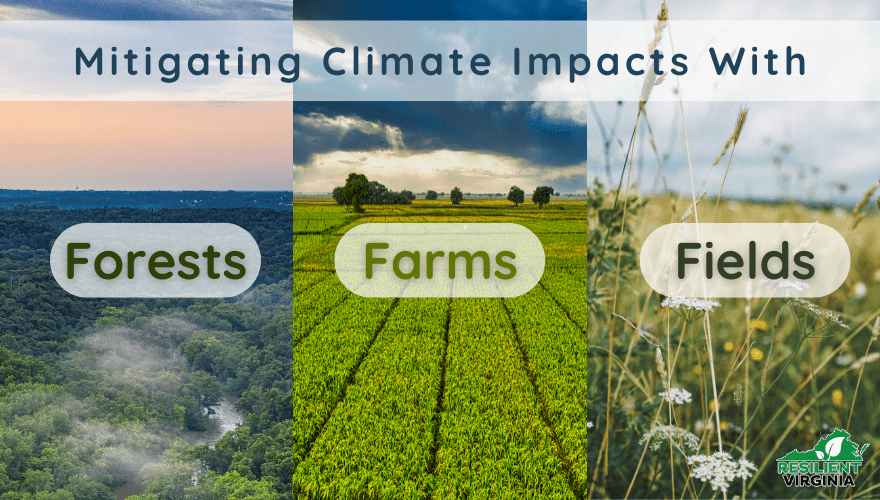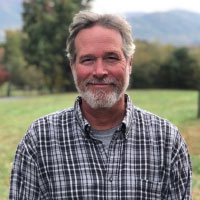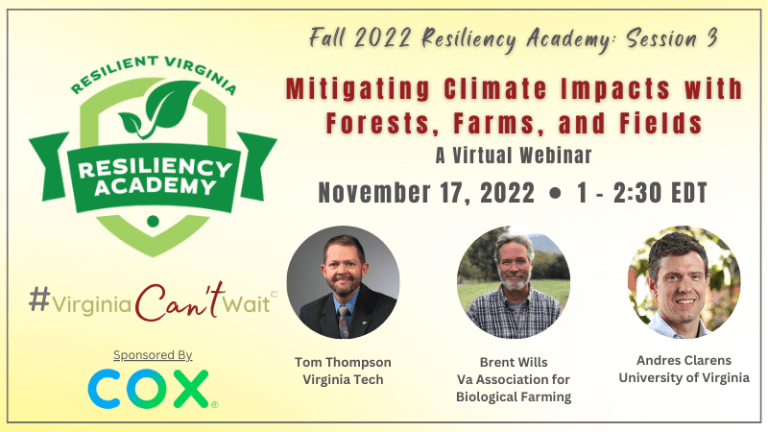
We know that including mitigation efforts in land use planning has a huge impact on our natural resources, but a study just published by the Chesapeake Bay Foundation shows that this investment also has economic benefits for communities as well. In fact, the report found that “for every dollar spent on farmers’ best management practices within the Chesapeake Bay watershed, $1.75 is returned through higher sales of goods and services as well as earnings.” The study looked at 5 states in the Bay Watershed area, including Virginia. It was determined that a $116.1 million investment in best management practices in our state could lead to an economic return of $191.2 million. This means that not only does the inclusion of mitigation efforts in land use planning have a positive impact on mitigating climate pollution, it helps the economies of our communities that so desperately need it.
On November 17th, Resilient Virginia is hosting 3 speakers at Session 3 of our Fall 2022 Resiliency Academy, who will give presentations on how our communities can utilize forests, farms, and fields to mitigate climate impacts. Join us for this virtual session!
Speakers
 Tom Thompson, Director, CALS Global, Virginia Tech
Tom Thompson, Director, CALS Global, Virginia Tech
Tom will discuss the background, goals, partnerships, and implementation plan for Virginia Tech’s “RIPE-Partnership” project, a new $80 million project funded by USDA’s Partnerships for Climate-Smart Commodities program.
 Brent Wills, President, Board of Directors, Va Association for Biological Farming
Brent Wills, President, Board of Directors, Va Association for Biological Farming
Brent will discuss the what, why, and how of several on-going biological farming programs in Virginia and the organizations that are helping to pave the way.
 Andres Clarens, Associate Director, Environmental Resilience Institute, University of Virginia
Andres Clarens, Associate Director, Environmental Resilience Institute, University of Virginia
Andres will discuss the Climate Restoration Initiative, a program launched by UVA’s Environmental Resilience Institute in 2020 that focuses on negative emissions research and strategies.





